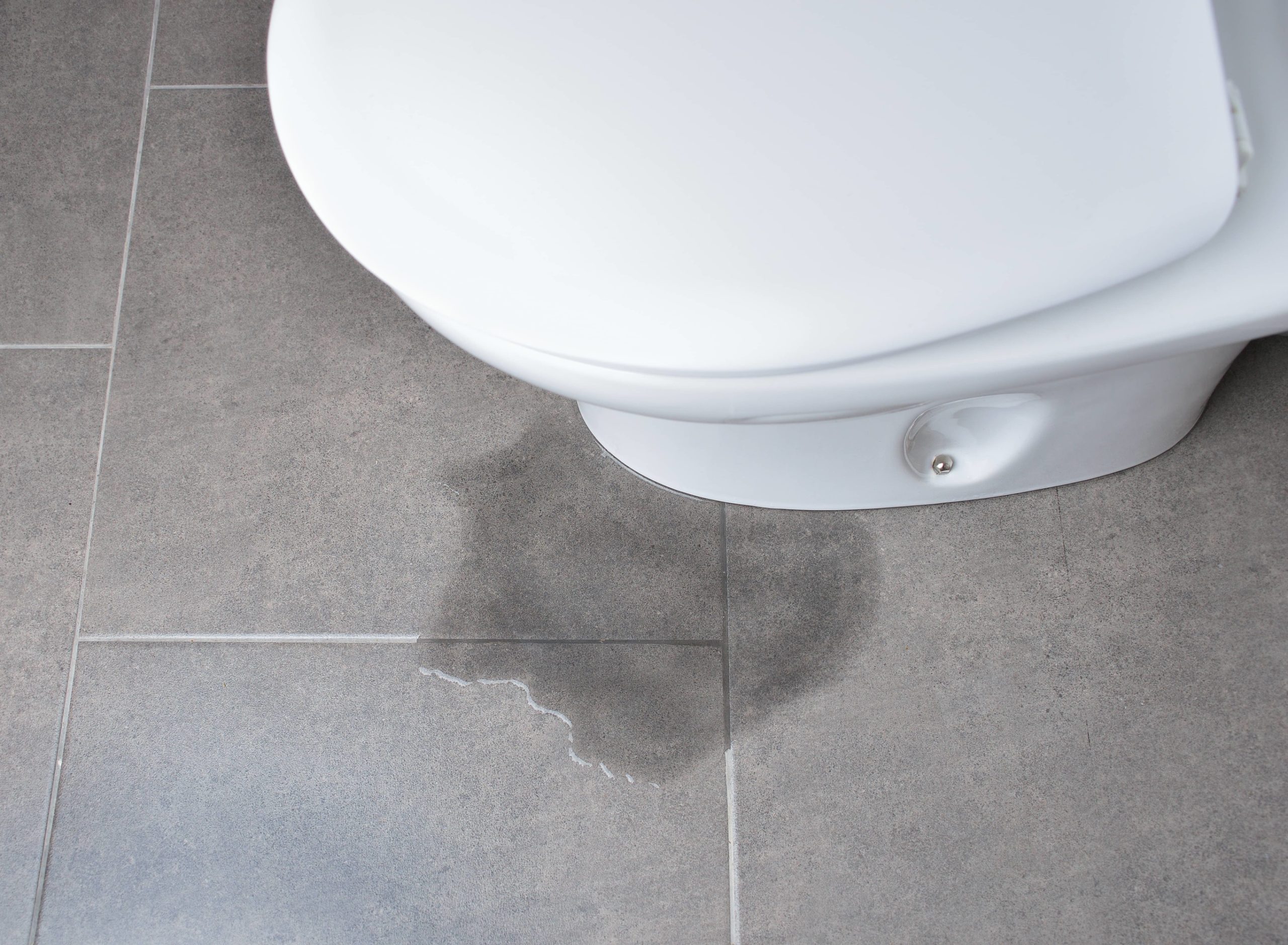A leak from the bottom of a toilet is a common and concerning household problem. It not only causes inconvenience but can also lead to significant water damage if not addressed promptly. Understanding the reasons behind such leaks is crucial for effective resolution.
Understanding the Toilet’s Anatomy
A toilet primarily consists of a bowl, tank, flushing mechanism, and a wax seal. Understanding how these components function is key to diagnosing leaks. For instance, a faulty wax seal often leads to leaks at the base.
Common Causes of Toilet Leaks at the Base
1. Worn Out or Improperly Seated Wax Ring
The wax ring creates a seal between the toilet base and the drain pipe. Over time, it can degrade or become unseated, leading to leaks.
2. Cracks in the Toilet Bowl or Tank
Hairline cracks in the toilet structure can be a source of leakage, although they are not always immediately visible.
3. Loose or Damaged Mounting Bolts
These bolts secure the toilet to the floor. If they become loose or corroded, a leak can occur.
4. Issues with the Water Supply Line
Leaks can also originate from the water supply line if it is damaged or improperly connected.
Diagnosing the Leak
To pinpoint the source of the leak, start by drying the area around the toilet base. Observe where the water reappears to ascertain whether it’s from the base or another part of the toilet.
Fixing a Faulty Wax Ring
Tools and Materials:
- New wax ring
- Wrench
- Putty knife
- Towels or rags
- Gloves
Steps:
- Turn off the water supply and flush the toilet to empty the tank and bowl.
- Remove the mounting bolts.
- Carefully lift the toilet and set it aside.
- Remove the old wax ring and clean the flange.
- Position the new wax ring and replace the toilet, applying even pressure.
- Reinstall and tighten the mounting bolts.
Addressing Cracks in the Toilet
Small cracks can sometimes be repaired with plumbing epoxy, but larger cracks typically require replacing the toilet.
Tightening or Replacing Mounting Bolts
If the bolts are loose, tighten them carefully. However, if they are corroded or damaged, they should be replaced.
Dealing with Water Supply Line Issues
Inspect the supply line for damage. If it’s damaged, replace it. Ensure the connection to the toilet is secure and leak-free.
Preventive Measures and Regular Maintenance
Regular checks can prevent leaks. Inspect the wax ring, bolts, and supply line periodically. Replace the wax ring every few years as a preventive measure.
When to Call a Professional
If the leak persists after trying the above fixes, or if you’re uncomfortable performing these tasks, it’s best to contact a professional plumber.
Conclusion
While a leaking toilet can be distressing, understanding the common causes and solutions can empower homeowners to address the issue effectively. Regular maintenance is key to preventing such issues.
FAQs
Q: How often should I replace the wax ring?
A: Ideally, replace it every few years or if you notice signs of leaking or odor.
Q: Can I tighten the mounting bolts too much?
A: Yes, over-tightening can crack the porcelain. Tighten just enough to secure the toilet.
Q: Should I attempt to repair a cracked toilet?
A: Small cracks can sometimes be repaired, but larger cracks often necessitate a toilet replacement.

A group of home improvement enthusiasts and bathroom design experts, combines in-depth knowledge and a shared passion to deliver engaging, informative content that guides readers through the world of bathroom innovation and style.

Leave a Reply